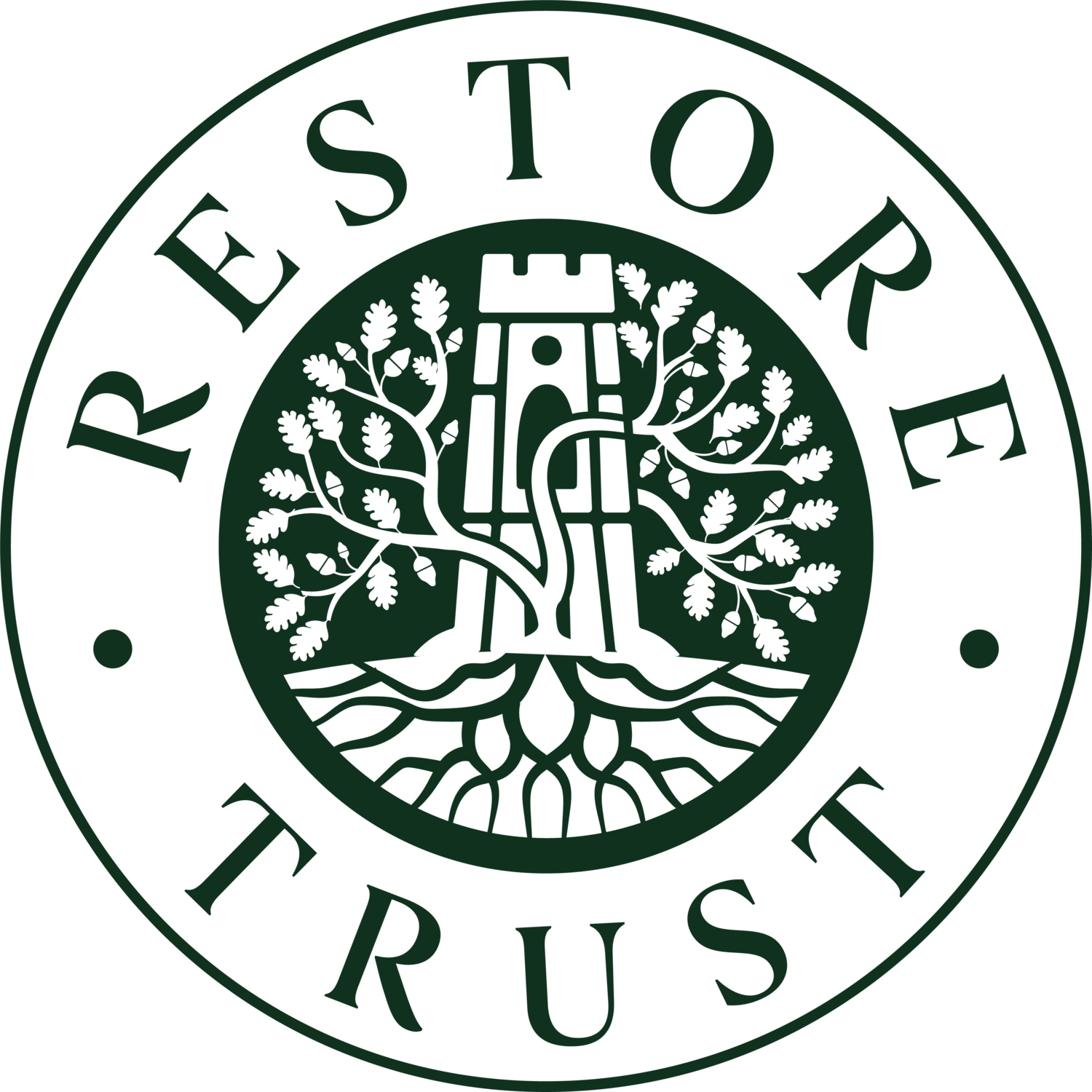Why do the National Trust, the WWF and the RSPB think they can redefine ‘the people’?
The People’s Plan for Nature is a curious case study in green groups ‘guiding’ democracy for their own ends
Charles Moore | Telegraph | 31 March 2023
Listening to the news on BBC Radio 4 one morning last week, I heard the presenter say: “Citizens around the UK have come up with a people’s plan to restore nature.” The headline explained nothing – which citizens? how assembled? – but it sounded exciting.
I searched online and found the People’s Plan for Nature. The People, the website said, came out of a “National Conversation”. This produced a “People’s Assembly”, created “for the people, by the people of the UK”.
There were 103 individuals in the People’s Assembly – not elected by any actual people. Rather, they were a “representative group”, “randomly chosen” (though “proportionally lower” in the number of “white British” taking part) and drawn from respondents to 33,000 letters of invitation. The take-up of the invitation had been strikingly low. Less than 1 per cent accepted, yet each of the 103 was paid £800 for taking part, plus, where needed, expenses.
These few, these happy few, then listened at conferences to “a wide range of evidence and case studies over four weekends”, advised by 40 experts. Guided by “experienced facilitators”, who operated “a rapid democracy process”, they devised their People’s Plan for Nature.
The facilitators “themed and organised” the Plan’s 26 “Calls for Action”. These, asserts the website in Soviet tone, demonstrate “an irrefutable, independent case … for action, grounded in the will of the people”.
The Calls for Action include a “new regulatory body” which would achieve “greater government accountability through a permanent Assembly for Nature made up of Non-Governmental Organisations (NGOs), industry and the public” and a “Union of influential organisations” to “establish a mandate for the proportionate inclusion of impact on nature in decision-making at all levels”, exerting control over all government and business decisions affecting nature. An eco-version of the Hippocratic oath would make government and businesses commit to “do no more harm to nature”.
Other Calls for Action include greater government intervention in land, such as “a network of local biodiverse and health-focused green spaces owned and run by the people, for the people” and “recognition of access to nature as a human right”. CONTINUE READING

